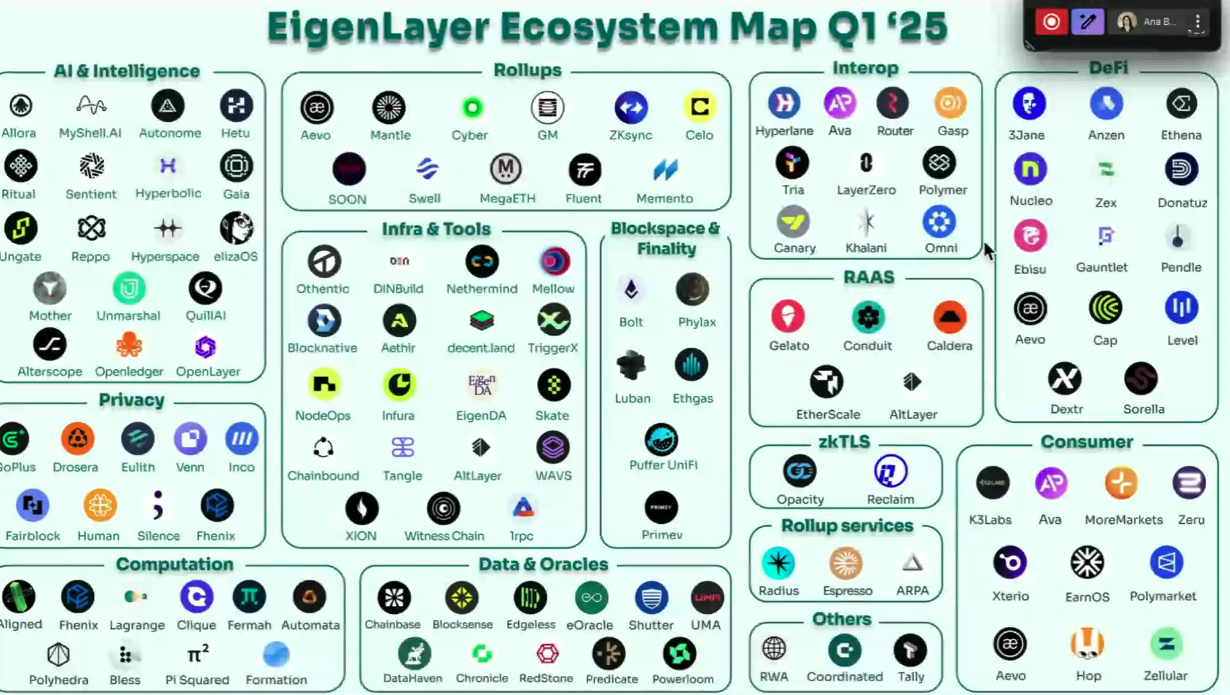Table of Contents
Broadly, the concept of Central Bank Digital Currencies (CBDCs) shows maximum imagination, but so far, in reality, it is just minimal execution.
"As we approach a transition from long and jargon-filled white papers to an actual decision on whether to move through, there has been no real impetus," said the head of research at an alternative investment firm in Boston.
"The enthusiasm with which central banks jumped onto the digital assets bandwagon on FOMO has not traversed into action. It is disappointing but understandable," added the research head.
A digital currency will likely add to the strain of deposits for banks already reeling from a mini-crisis since March.
But for the public, the worrying factor is privacy and access to their personal data, including payments.
Still, the study, research and tests provide a glimpse into the thinking of central banks worldwide to adopt innovations and digital methods.
Top Advantage of a Digital Currency is Speed: New York Fed
A study and test conducted by the Federal Reserve Bank of New York's New York Innovation Center (NYIC) with some of the world's major banks found that digital dollars as a payment method across borders could speed up the process of settlements.
A regulated liability network lets banks simulate producing digital money reflecting their customers' cash before settling via central bank reserves on a distributed ledger.
The Fed's New York Innovation Centre tested it for a month. The subsidiary also found that digital dollars can enhance wholesale payments and that the ledger did not change the legal status of deposits.
"The global economy relies on the US dollar as the international currency of choice for remittances, trade, and financial settlements. The business workstream concluded that the network has the potential to deliver improvements in the processing of wholesale payments due to its ability to synchronise US dollar-denominated payments and facilitate settlement on a near-real-time, 24 hours a day, 7 days a week basis," said Fed's New York Innovation Centre.
"The working group recommended the exploration of the design space, including alternative models and technologies that were out of the scope of the PoC but could offer similar improvements for wholesale payments and settlements."
A US CBDC is still far from reality, as several Federal Reserve officials have questioned its usefulness.

The Fed's New York Innovation Center said the proof-of-concept does not indicate that the Federal Reserve will issue a central bank digital currency, any other product or service, or how one would be designed.
For now, though, the latest study shows the US is also exploring digital currency as a payment method.
Digital Euro?
An executive arm of the European Union proposed a digital euro for payments but not investments.
The group suggested a legislative framework for a digital currency that would act like a digital wallet, leaving most specifics to the European Central Bank.

The ECB thinks a digital euro would meet the rising demand for electronic payment, and the central bank's Governing Council will decide on moving further. The development of the CBDC is expected to take three years.
According to the EU Commission, the digital euro would be widely accepted by businesses in the eurozone, with few exemptions made for extremely tiny shops, and essential services would be delivered at no cost to citizens.
Britcoin
For the digital pound, the Bank of England has a plan. But first, it must decide if it's worth making "Britcoin."
"The Bank and HM Treasury consider a digital pound is likely to be needed in the UK though no decision to introduce one can be taken at this stage. We are therefore stepping up development and moving to the design stage of our work," said the BoE in the "CBDC Technology Forum terms of reference" paper.
https://www.bankofengland.co.uk/the-digital-pound/cbdc-technology-terms-of-reference?sf179878082=1
The bank polled Brits and households on the viability and desirability of a central bank digital currency (CBDC). The BOE filing period started on February 7 and ended on June 30.
https://www.bankofengland.co.uk/the-digital-pound/firm-survey?sf179842473=1
The bank will next take a few years to consider the recommendations it has received and the necessary technological and regulatory changes.
Why the Fear of Privacy Breach?
In what is a testament to consumers' privacy fears, the BoE wants the digital pound to verify the age for alcohol and UK citizenship.
Because of the vast amounts of data that may be collected from ordinary transactions, CBDCs have been called a privacy danger by experts.
While central bank officials have openly spoken of their desire for a CBDC, a clear decision has yet to be taken on whether to proceed with developing and creating a digital pound.
A CBDC may eventually materialise but would be beyond this decade's midpoint.











